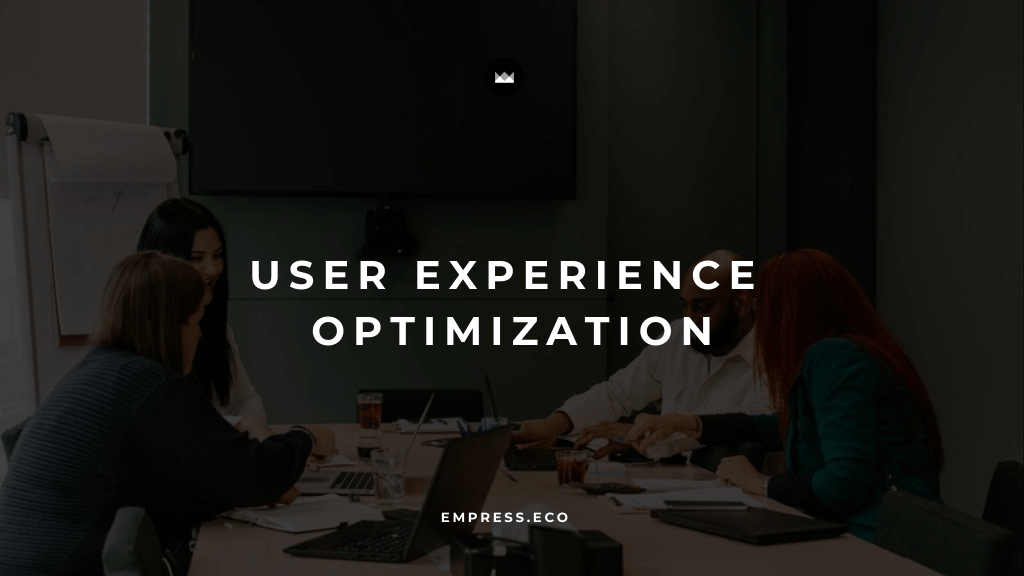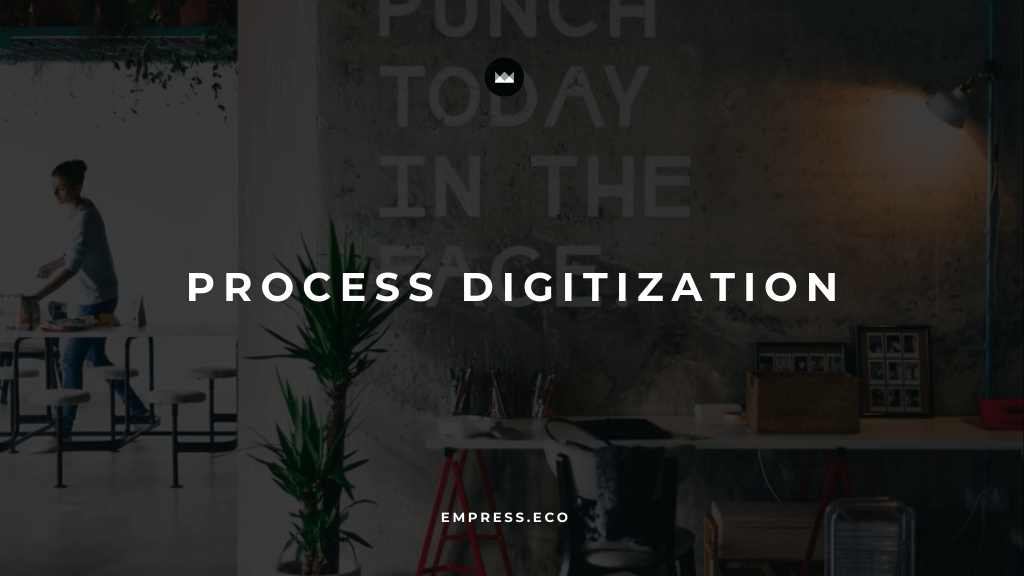Getting Started with Hybrid Intelligence
Welcome, everyone! Today, we're going to dive into an exciting and transformative concept in the world of artificial intelligence, known as hybrid intelligence. This innovative approach is not just about advancing AI but about blending the best of both human and machine capabilities to create systems that are more powerful and versatile.
So, what exactly is hybrid intelligence? Simply put, it's a combination of human intelligence and AI working together. Think of it as a partnership where each brings their unique strengths to the table. Humans provide creativity, intuition, and ethical decision-making, while AI contributes speed, accuracy, and the ability to process vast amounts of data. This synergy results in systems that are more flexible, adaptive, and capable of tackling complex problems in ways that neither humans nor AI could achieve alone.
Here, we'll explore the essence of hybrid intelligence, why it's significant, and what makes it a game-changer in various fields. Let's embark on this journey to understand how the fusion of human and artificial intelligence is shaping the future and driving innovation like never before.
Understanding Hybrid Intelligence
Alright, let's dive deeper into what hybrid intelligence is all about.
Hybrid intelligence is essentially the blending of human intellect and artificial intelligence to boost our decision-making, creativity, and problem-solving abilities. Imagine it as a powerful team where both humans and machines bring their best skills to the table.
So, how is this different from traditional AI? Traditional AI systems work independently, relying solely on their programming and data to make decisions. They are fantastic at processing large datasets and spotting patterns, but they often miss the human touch. They lack emotional intelligence, creativity, and moral reasoning—areas where humans excel.
Hybrid intelligence, on the other hand, creates a collaborative environment where the strengths of both humans and machines are combined. AI handles the heavy lifting with data and patterns, while humans provide the nuanced understanding, creativity, and ethical considerations. This collaboration results in outcomes that are greater than what either humans or machines could achieve on their own.
Think of hybrid intelligence as a bridge that connects the computational power of AI with the unique qualities of human intelligence, leading to more innovative and effective solutions. This synergy opens up new possibilities and is paving the way for a future where we can tackle even the most complex challenges more efficiently and creatively.
Why Hybrid Intelligence is Important
Let's talk about why hybrid intelligence is such a big deal.
We all know that AI is incredibly powerful, especially when it comes to specific tasks like analyzing data, recognizing patterns, and making predictions. However, AI has its limitations. For instance, it struggles with generalization, which means it often can't apply knowledge from one context to another very different one. It also lacks contextual understanding and has trouble adapting to new or unexpected situations. These issues arise because AI is fundamentally driven by data. It doesn’t possess the common sense and deep understanding that humans naturally have.
This is where hybrid intelligence comes into play. By combining the computational efficiency of AI with human creativity, knowledge, and experience, we get the best of both worlds. Humans can provide the critical thinking, intuition, and adaptability that AI lacks. Together, they form a powerful team capable of overcoming the limitations of AI alone.
Hybrid intelligence is essential because it bridges the gap between what machines can do with their sheer processing power and what humans can contribute with their nuanced understanding and problem-solving skills. This combination leads to more robust, adaptable, and effective solutions, pushing the boundaries of what we can achieve in various fields.
Real-World Applications
Now, let's explore how hybrid intelligence is making waves in various industries. This blend of human and AI capabilities is already transforming how we work and solve problems in many fields:
- Healthcare: One of the standout examples is IBM's Watson Health. This AI system helps doctors diagnose and develop treatment plans for cancer patients. Watson analyzes vast amounts of medical literature and patient data to provide recommendations. However, it's the doctors who evaluate these suggestions and make final decisions, taking into account their professional judgment and direct interactions with patients. This collaboration ensures that the best possible care is provided.
- Finance: In the financial sector, JPMorgan Chase's COiN platform is a great example of hybrid intelligence in action. This platform uses machine learning to interpret commercial loan agreements, a task that used to take 360,000 hours of manual work each year. Now, AI handles the bulk of the analysis, but financial experts still review and finalize the AI's preliminary findings to ensure accuracy and compliance with complex regulations. This hybrid approach saves time and enhances precision.
- Creative Arts: Hybrid intelligence is also making its mark in the creative arts. For instance, AI composers like AIVA create musical pieces for films and video games. These AI-generated compositions are then refined and enriched by human composers, blending technology and creativity to produce harmonious and captivating music. This collaboration enhances the creative process and results in unique, high-quality compositions.
- Customer Service: In customer service, hybrid intelligence is revolutionizing how companies interact with their customers. AI-powered chatbots handle routine queries efficiently, providing quick and accurate responses. When more complex issues arise, these are escalated to human representatives who bring empathy and nuanced understanding to the table. This combination ensures that customers receive efficient service without sacrificing the personal touch.
These examples highlight the incredible potential of hybrid intelligence. By merging the strengths of AI and human expertise, we can achieve more efficient, effective, and innovative solutions across various industries.
Case Studies and Industry Impact
Let's delve into some real-world case studies that showcase the transformative impact of hybrid intelligence across different industries. One notable example is QuantumBlack, an AI and analytics firm that is part of McKinsey & Company. QuantumBlack has been at the forefront of digital and AI transformations, demonstrating the immense potential of hybrid intelligence.
- Banking: QuantumBlack played a pivotal role in enhancing customer service at ING by helping them build a customer-facing chatbot using generative AI technology. This chatbot has significantly improved customer engagement by providing quick and accurate responses to customer inquiries, allowing human agents to focus on more complex issues.
- Environmental Sustainability: In a collaboration with One Ocean Foundation, McKinsey utilized generative AI technologies to support the sustainability of ocean ecosystems. This partnership highlights how hybrid intelligence can be applied to address critical environmental challenges by combining AI's data processing capabilities with human expertise in ecological conservation.
- Manufacturing: During the COVID-19 pandemic, QuantumBlack assisted Vyaire, a leading respiratory medical-device manufacturer, in scaling their production to meet the surge in demand for respiratory devices. This effort involved using AI to optimize production processes and logistics, ensuring that critical medical equipment was available when it was most needed.
These case studies illustrate how hybrid intelligence is driving innovation and efficiency in various sectors. By combining the strengths of AI with human insight and expertise, QuantumBlack and its partners have achieved remarkable results, setting the stage for even more significant advancements in the future.
The Future of Hybrid Intelligence
Looking ahead, the future of AI is undeniably intertwined with hybrid intelligence. Imagine a world where humans and machines work together seamlessly, each complementing the other's strengths to achieve incredible outcomes that neither could accomplish alone. This collaborative approach is set to revolutionize numerous sectors, enhancing efficiency, sparking creativity, and improving decision-making processes.
However, as we move forward, it's important to address the ethical considerations that come with this technological advancement. Issues like data privacy and decision-making authority become even more critical. Who should have the final say in decisions made by hybrid systems? How can we ensure that the data used by AI is protected and used responsibly?
To navigate these challenges, we must establish clear guidelines and ethical standards. This will help ensure that as AI becomes more deeply integrated into our lives and work, it does so in a way that is both beneficial and responsible. By doing this, we can fully harness the potential of hybrid intelligence to drive innovation and positive change, while also safeguarding our values and principles.
Challenges and Considerations
While hybrid intelligence holds great promise, it's important to recognize and address the challenges it faces:
- Human Resource Availability: One of the primary hurdles is the need for skilled human resources to implement and manage hybrid intelligence systems. These experts are crucial for integrating AI with human insight effectively, but they are not always readily available.
- Maintenance and Communication: Advanced AI systems require ongoing maintenance to ensure they function correctly and stay updated. Additionally, humans may find it challenging to communicate and interact with AI systems, especially when these systems operate differently from current technologies. This can create a learning curve and necessitate additional training.
- Ethical Concerns: Integrating AI into decision-making processes brings up significant ethical considerations. Questions around data privacy, the extent of machine autonomy, and the potential biases in AI algorithms must be addressed. Ensuring that AI systems are used responsibly and ethically is crucial for gaining public trust and maximizing their benefits.
By acknowledging these challenges and working proactively to overcome them, we can better harness the power of hybrid intelligence to drive innovation and positive change while addressing the associated risks and concerns.
How Empress Uses Hybrid Intelligence
At Empress, we are at the forefront of leveraging hybrid intelligence to deliver exceptional digital experiences. By integrating AI into our platforms, we harness the power of both human creativity and machine efficiency to offer services that stand out in quality, speed, and cost-effectiveness.
Our AI-driven services combine the computational power of advanced algorithms with the nuanced understanding and innovative thinking of our expert team. This hybrid approach allows us to create unique and impactful solutions tailored to our clients' needs. Whether it's streamlining business processes, enhancing customer engagement, or developing cutting-edge digital products, our hybrid intelligence framework ensures that we can deliver superior results faster and more affordably than ever before.
By applying the principles of hybrid intelligence, Empress is able to push the boundaries of what is possible, driving innovation and helping our clients achieve their goals in a rapidly evolving digital landscape.
Final Words on Hybrid Intelligence
Hybrid intelligence represents an exciting new frontier in AI, where the collaborative efforts of humans and machines lead to enhanced capabilities and innovative solutions. As we embrace this synergy, our focus should be on leveraging the strengths of both human and artificial intelligence to tackle complex challenges and drive progress.
The future of hybrid intelligence isn't just about technological advancement. It's about forging a new paradigm of collaboration between humans and machines. This partnership has the potential to transform how we live, work, and interact with the world, making our interactions more efficient, creative, and effective. By working together, we can achieve more than either could alone, paving the way for a brighter, more innovative future.
Additional Resources
- What is Hybrid Intelligence and Why is it the Future of AI?
- How We Help Clients - QuantumBlack
- McKinsey Case Studies
- Hybrid Intelligence: All You Need to Know About the Future of AI
- Alliances and Acquisitions - QuantumBlack
- McKinsey Launches Its New Product Suite to Help Clients Scale AI
- Hybrid Intelligence: The Workforce for Society 5.0
- McKinsey Launches QuantumBlack Horizon to Scale Enterprise AI Initiatives



